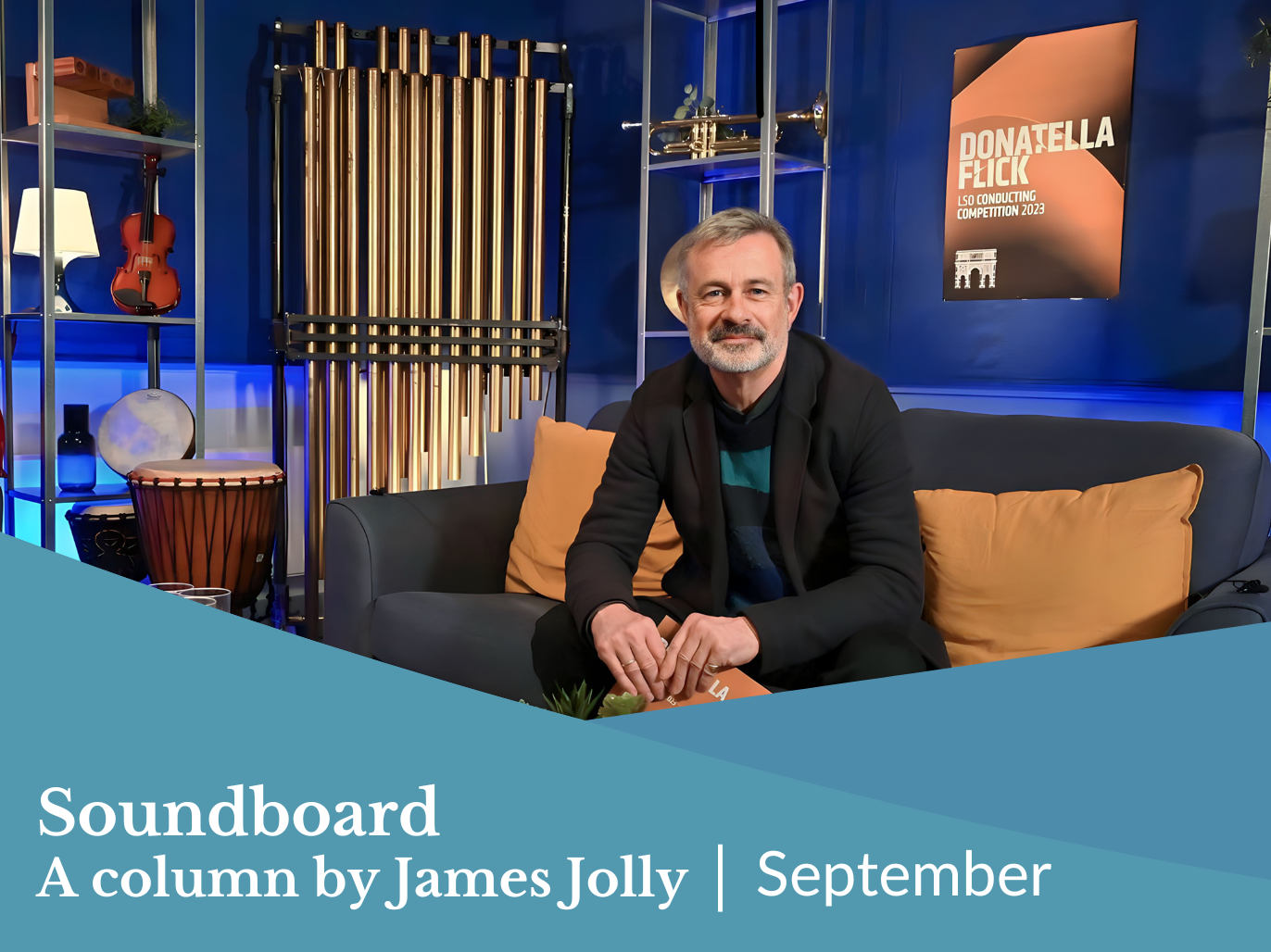My introduction to Arvo Pärt’s music came with the 1984 ECM album that took its name from what would become one of the composer’s most popular works, Tabula Rasa. The album – it also contained Fratres (twice) and the Cantus in Memoriam Benjamin Britten – was genuinely groundbreaking, a tribute both to the way Pärt’s music meshed perfectly with the Zeitgeist, but also to ECM’s legendary founder and producer Manfred Eicher’s genius at spotting talent, be it in a composer or a performer (the first track, the violin-and-piano version of Fratres is played by Gidon Kremer and Keith Jarrett, no less! There are two fascinating programmes on medici.tv, the documentary Gidon Kremer: Finding Your Own Voice and a concert from the Fondation Louis Vuitton which find him performing a number of Pärt’s now-classic works). The mood – perhaps even more than that, the message – of the works on the album was not specific, but seemed to reach out to a generation for whom religious belief no longer played a central role in their life, but who craved some kind of spiritual connection to the world and those around them. And Pärt’s music filled that gap. And though many of Pärt’s choral works are religious in text and intent, they connected with listeners on a very primal level, their often slow-moving, harmonically rich language providing a deep and powerful reassurance.

